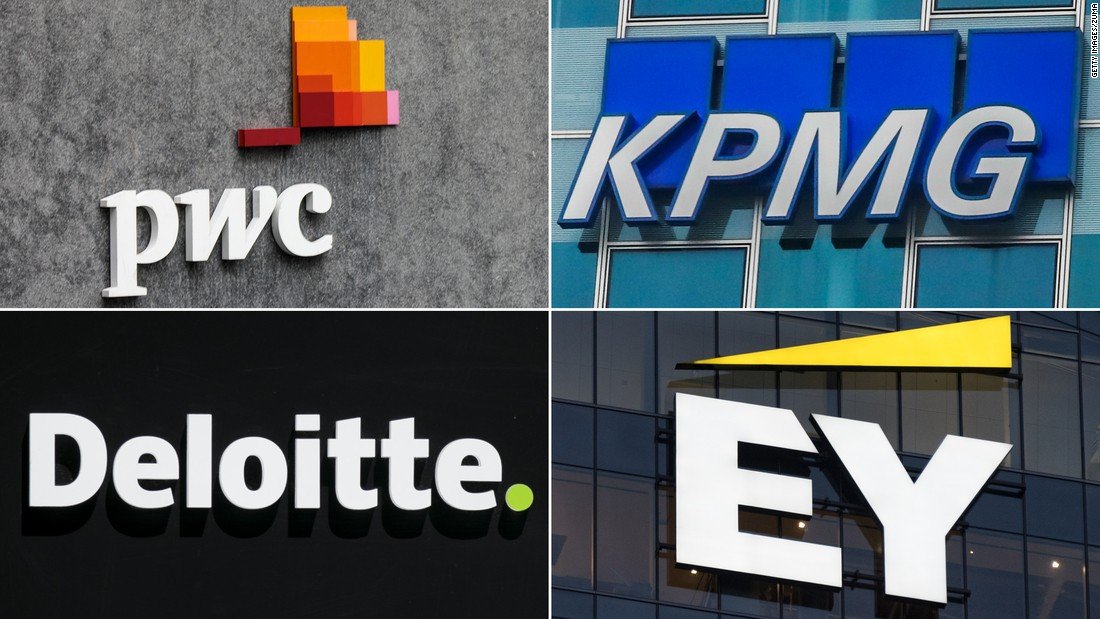Newly released data from Primeinfobase.com shows that the Big 6 audit firms handled 326 of the 483 available Nifty 500 company audit assignments in FY25, or roughly 67% of the total. This marked a continuation of the trend from previous years and a notable increase in the centralization of audit services among elite firms.
Across the broader NSE landscape, these firms conducted 694 assignments for 2,069 listed companies, capturing 34% of the audit market — up from 32% in FY24. This trend highlights the ongoing consolidation of auditing functions within a small set of globally reputed entities.
Of the top audit performers:
-
EY Group led the table, auditing 176 companies (up from 166 in FY24),
-
KPMG Group followed with 137 (a slight dip from 143),
-
Deloitte Group stood at 128 (up from 121),
-
Grant Thornton jumped to 107 (from 95),
-
BDO Group at 78 (up from 60),
-
and PwC Group finished with 69 assignments (from 64).
The top 10 firms, including smaller players like Singhi Group and Lodha & Co, audited 39% of all listed companies.
Rising Fees and a Shrinking Field of Players
The audit fee paid out by listed companies on the NSE rose to ₹1,903 crore in FY24, an increase of 9.24% over the previous year. On average, this amounts to ₹0.97 crore per company — signaling that not only are Big 6 firms growing their market share, they are also commanding higher premiums for their services.
The Big 4 (EY, KPMG, Deloitte, PwC) alone cornered 29% of the total audit fee market on a standalone basis, showcasing the financial muscle they wield. This has sparked conversations around fee justification, independence, and over-reliance on a select group of firms.
Despite the existence of 862 audit firms in total, the average firm audited only 2.4 companies in FY25. In contrast, the Big 6 averaged over 115 assignments each, showcasing a growing imbalance in audit access and competitiveness.
Implications for Governance, Independence, and Regulation
The growing dominance of a few audit giants has triggered concerns from stakeholders and regulators alike. While such firms bring experience, scale, and global compliance expertise, the lack of diversity in audit assignments raises red flags about independence, audit fatigue, and potential conflict of interest.
Joint audit arrangements — often seen as a check-and-balance mechanism — rose slightly to 157 companies, making up just 7% of all NSE-listed entities. This marginal increase reflects only a modest push toward broader audit participation.
Market observers suggest that unless audit mandates are equitably distributed or smaller firms are actively promoted through policy, India’s audit landscape may soon mirror a monopolistic environment — undermining transparency and long-term investor trust.
As India’s corporate sector grows more complex and interconnected, the role of auditors becomes all the more vital. FY25 data underlines an urgent need for debate around audit concentration, regulatory reform, and strengthening the audit ecosystem beyond the top six.



